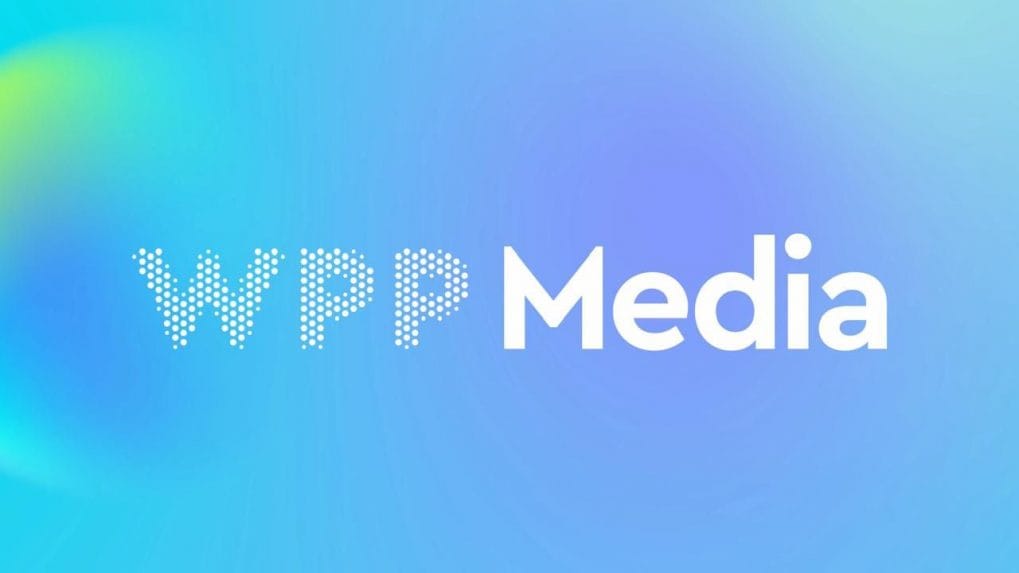Digital
Why OpenAI is hiring 100 ex-bankers: Inside the ChatGPT-maker's secret project to automate Wall Street's grunt work

As the media landscape rapidly evolves, WPP is rolling out a next-generation data and AI-driven solution aimed at rewriting the rules of marketing performance in a privacy-first world. The offering, called Open Intelligence, is WPP’s attempt to move beyond identifiers and cookies—by leveraging trillions of real-time signals to power predictive intelligence at scale.
WPP is positioning Open Intelligence as a new paradigm in marketing—one that prioritizes privacy, interoperability, and performance. At the core of this system is a decentralized data collaboration model powered by InfoSum, which ensures that brand data is never moved, shared, or exposed. Instead, the AI works across these decentralized data sets to “connect the dots,” delivering performance insights across every touchpoint, channel, and platform without compromising user privacy.
At the heart of this solution is what WPP calls its Large Marketing Model (LMM), a machine learning model trained on massive volumes of behavioral signals, brand data, and actual campaign outcomes. The goal? To help marketers optimize performance, personalize outreach, and generate business growth in real time.
The model is trained on input from over 350 partners across 75 global markets, offering what WPP claims is an always-on, behavioral view of up to five billion individuals—without needing cookies, PII, or email-based targeting.
In pilot campaigns, WPP reports up to:
60% reduction in cost per acquisition
28% boost in revenue
20% rise in incremental conversions
The approach aims to blend speed, scale, precision, and performance: from real-time decisioning and custom AI models to audience discovery and behavioral targeting based on how people think and act—not just who they are demographically.
The system is built to run across all major cloud platforms and data warehouses, meaning brands don’t need to re-engineer their tech stacks. And with privacy built in at the infrastructure level, WPP is positioning this as a future-proof bet in a post-cookie, AI-native world.
The move reflects a larger shift at WPP Media, which is increasingly orienting itself around measurable outcomes, not just media buys. As clients demand more efficiency, accountability, and intelligence from their marketing investments, the company’s bet is clear: marketing’s future will be real-time, privacy-first, and powered by prediction.
From purpose-driven work and narrative-rich brand films to AI-enabled ideas and creator-led collaborations, the awards reflect the full spectrum of modern creativity.
Read MoreIn a wide-ranging interview with Storyboard18, Sorrell delivers his frankest assessment yet of how the deal will redefine creativity, media, and talent across markets.